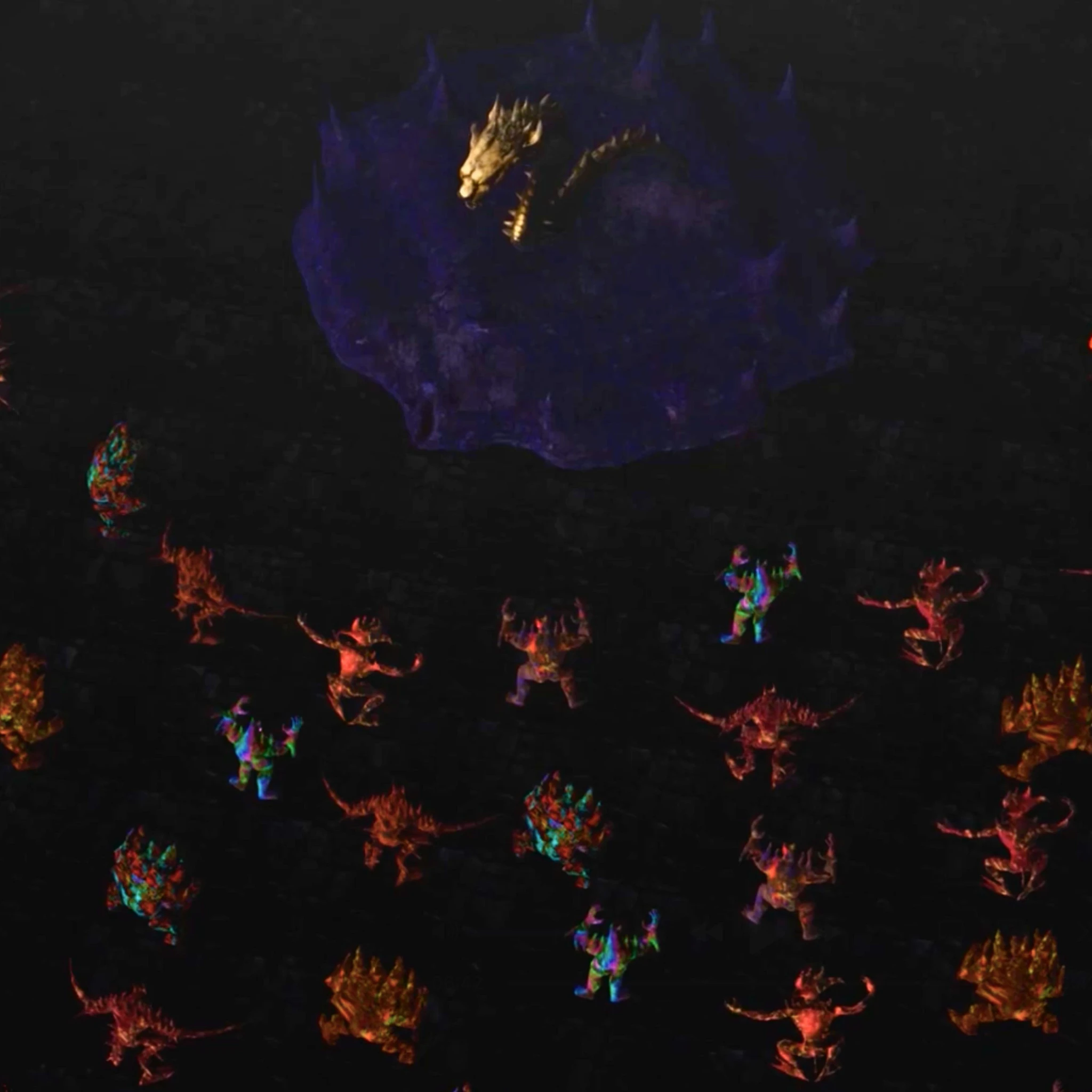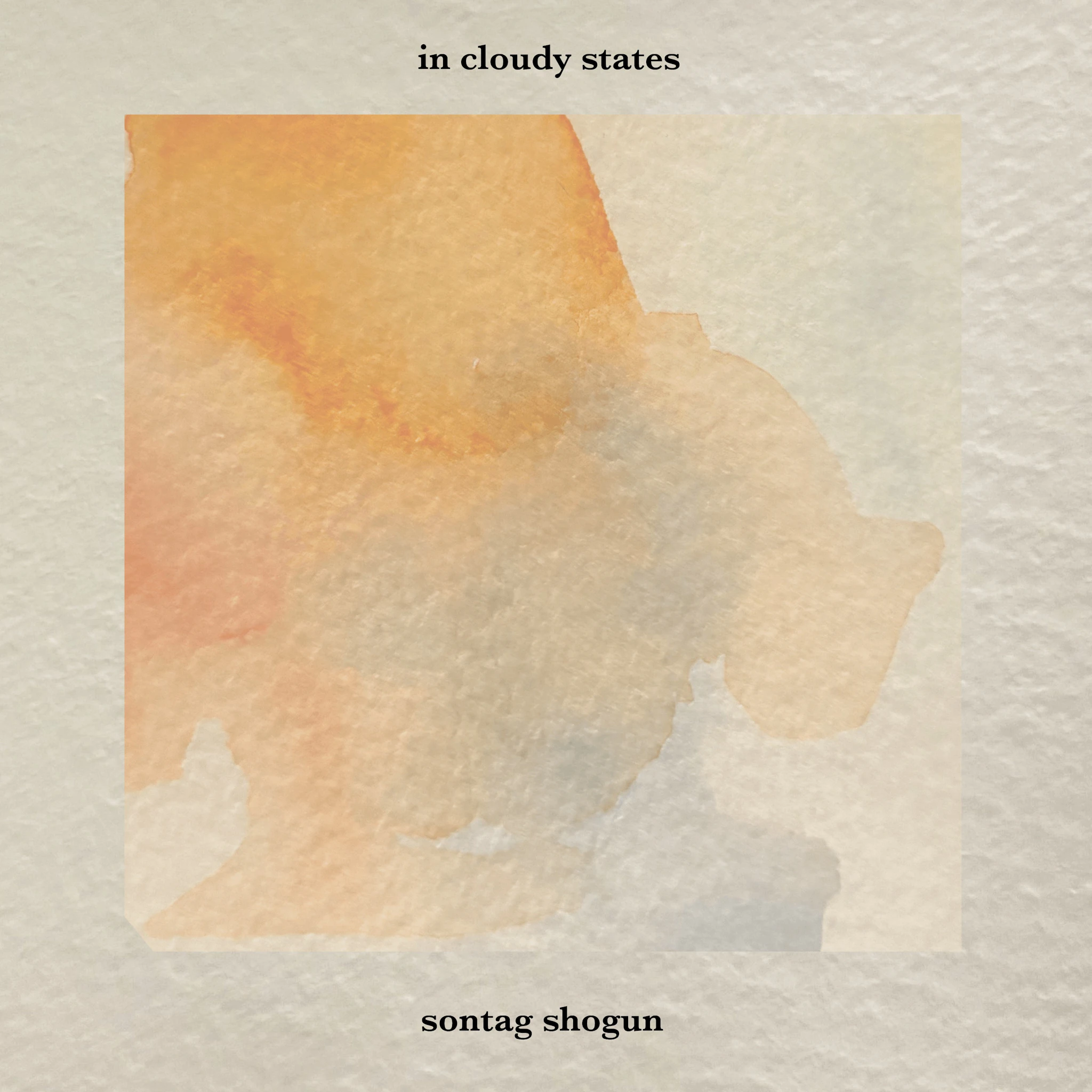
- 1Molly Part I
- 2Beautiful
- 3Every Story Ever Told
- 4Simone
- 5Bonfire (featuring B Forrest)
- 6Molly Part II
- 7Bloom
- 8Enough
- 9Suzanne
- 10Let Myself
- 11Goodbye For Now
YBZ040
•
Open edition
Franco-Belgian singer, songwriter, and producer Penelope Antena presents James & June, her third-full length album in collaboration with Brooklyn-based record label Youngbloods and Parisian imprint Parapente Music. Accessing the joy of newfound love, Penelope explores romance, intimacy, and the safety of partnership across eleven piano-driven compositions. James & June stands as Penelope’s most personal work to date, calling on her shapeshifting, multidimensional production stylings to mold a collection of soulful hymns and warm electroacoustic musings.
Penelope’s previous solo releases, Antelope (KowTow Records, 2019) and Beamorose (Youngbloods, 2021), displayed her artistry beyond the shadow of her creative legacy, underlining her unique interest in experimentation and propelling her family’s musical tradition into a modern era. The granddaughter of pianist and jazz-rock pioneer Marc Moulin (Placebo, Telex) and daughter of electro-samba icon Isabelle Powaga (Antena), Penelope’s musicianship was deeply influenced by loved ones as they encouraged her to practice her craft and stand out from her peers.
Antelope, an album almost entirely composed in solitude, saw mutated instrumentation bound to twisting vocal melodies - her singing breaching the surface tension of her synthesized compositions to reach soaring heights. In contrast, Beamorose presented a more luminous and collaborative side to Penelope’s song creation, drawing on gospel, folk, and Americana sensibilities. The widening of Penelope’s sonic palette enabled an authority to command a range of voices while putting her own perspective front and center; her expression reached the listener in ways that were increasingly pure and polychromatic. In turn, Penelope’s output was heralded internationally by the likes of NPR, Rolling Stone France, and Atwood Magazine, who praised her music for its adventurousness and vulnerability.
James & June synchronizes the introspection and range of musical influence in Penelope’s previous records while offering a newfound simplicity in its composition. Biographically, this record is about falling in love; it follows Penelope processing the feelings of excitement, hopes, dreams, insecurities, and goals that come with being head over heels as an adult with an already full life.
“Will I ever be enough?”
“Am I worth your time?”
“Am I loving you too much?
Penelope looks to explore a newly discovered corner of her life, searching for answers by collecting the butterflies in her stomach and bringing them into focus - a tender bullseye in the scope of her eighty-eight keyed weapon of creation.
The romantic, stripped down tone of James & June is set in the album’s opening numbers, “Molly Part I” and “Beautiful,” an instrumental piano introduction leading into a delicately constructed ode to the riches of letting your guard down and opening your heart. This sentiment is echoed in “Every Story Ever Told,” one of the record’s most kinetic songs, featuring Penelope’s father, Denis Moulin, contributing a swaying, resonant bassline behind his daughter’s triumphant chord progressions. James & Junes’ most aurally intimate works like “Bloom,” “Bonfire,” “Let Myself,” and “Simone” spotlight the weight of Penelope’s cinematic vocal talents and songwriting. Her sonorous voice, placed against an ensemble of emotive piano, synthesizers, ghostly strings, and whispering rhythms, casts wide-reaching theatrical shadows against the walls of Penelope’s ambitions as a partner. Each lyric, while clearly a dedication, feels deeply private; incantations ringing in the night for an audience of one. “Enough” and “Molly Part II” provide brighter color palettes in contrast, inviting shimmering strings and electronic manipulations to dance playfully between piano keys and lovingly delivered promises. James and June concludes with one of the album’s most verbose works, “Goodbye For Now,” a rolling swell of operatic notes calmly asking the question: “what comes next?”
Whether through the implicitness of her songwriting or the explicitness of her lyrics, there is a clarity in Penelope’s work that suggests a new phase of her personal and artistic growth; one that rings true to herself, while making room for others to join her in creating harmony. More simply put, love is a most powerful muse.
Penelope’s previous solo releases, Antelope (KowTow Records, 2019) and Beamorose (Youngbloods, 2021), displayed her artistry beyond the shadow of her creative legacy, underlining her unique interest in experimentation and propelling her family’s musical tradition into a modern era. The granddaughter of pianist and jazz-rock pioneer Marc Moulin (Placebo, Telex) and daughter of electro-samba icon Isabelle Powaga (Antena), Penelope’s musicianship was deeply influenced by loved ones as they encouraged her to practice her craft and stand out from her peers.
Antelope, an album almost entirely composed in solitude, saw mutated instrumentation bound to twisting vocal melodies - her singing breaching the surface tension of her synthesized compositions to reach soaring heights. In contrast, Beamorose presented a more luminous and collaborative side to Penelope’s song creation, drawing on gospel, folk, and Americana sensibilities. The widening of Penelope’s sonic palette enabled an authority to command a range of voices while putting her own perspective front and center; her expression reached the listener in ways that were increasingly pure and polychromatic. In turn, Penelope’s output was heralded internationally by the likes of NPR, Rolling Stone France, and Atwood Magazine, who praised her music for its adventurousness and vulnerability.
James & June synchronizes the introspection and range of musical influence in Penelope’s previous records while offering a newfound simplicity in its composition. Biographically, this record is about falling in love; it follows Penelope processing the feelings of excitement, hopes, dreams, insecurities, and goals that come with being head over heels as an adult with an already full life.
“Will I ever be enough?”
“Am I worth your time?”
“Am I loving you too much?
Penelope looks to explore a newly discovered corner of her life, searching for answers by collecting the butterflies in her stomach and bringing them into focus - a tender bullseye in the scope of her eighty-eight keyed weapon of creation.
The romantic, stripped down tone of James & June is set in the album’s opening numbers, “Molly Part I” and “Beautiful,” an instrumental piano introduction leading into a delicately constructed ode to the riches of letting your guard down and opening your heart. This sentiment is echoed in “Every Story Ever Told,” one of the record’s most kinetic songs, featuring Penelope’s father, Denis Moulin, contributing a swaying, resonant bassline behind his daughter’s triumphant chord progressions. James & Junes’ most aurally intimate works like “Bloom,” “Bonfire,” “Let Myself,” and “Simone” spotlight the weight of Penelope’s cinematic vocal talents and songwriting. Her sonorous voice, placed against an ensemble of emotive piano, synthesizers, ghostly strings, and whispering rhythms, casts wide-reaching theatrical shadows against the walls of Penelope’s ambitions as a partner. Each lyric, while clearly a dedication, feels deeply private; incantations ringing in the night for an audience of one. “Enough” and “Molly Part II” provide brighter color palettes in contrast, inviting shimmering strings and electronic manipulations to dance playfully between piano keys and lovingly delivered promises. James and June concludes with one of the album’s most verbose works, “Goodbye For Now,” a rolling swell of operatic notes calmly asking the question: “what comes next?”
Whether through the implicitness of her songwriting or the explicitness of her lyrics, there is a clarity in Penelope’s work that suggests a new phase of her personal and artistic growth; one that rings true to herself, while making room for others to join her in creating harmony. More simply put, love is a most powerful muse.




